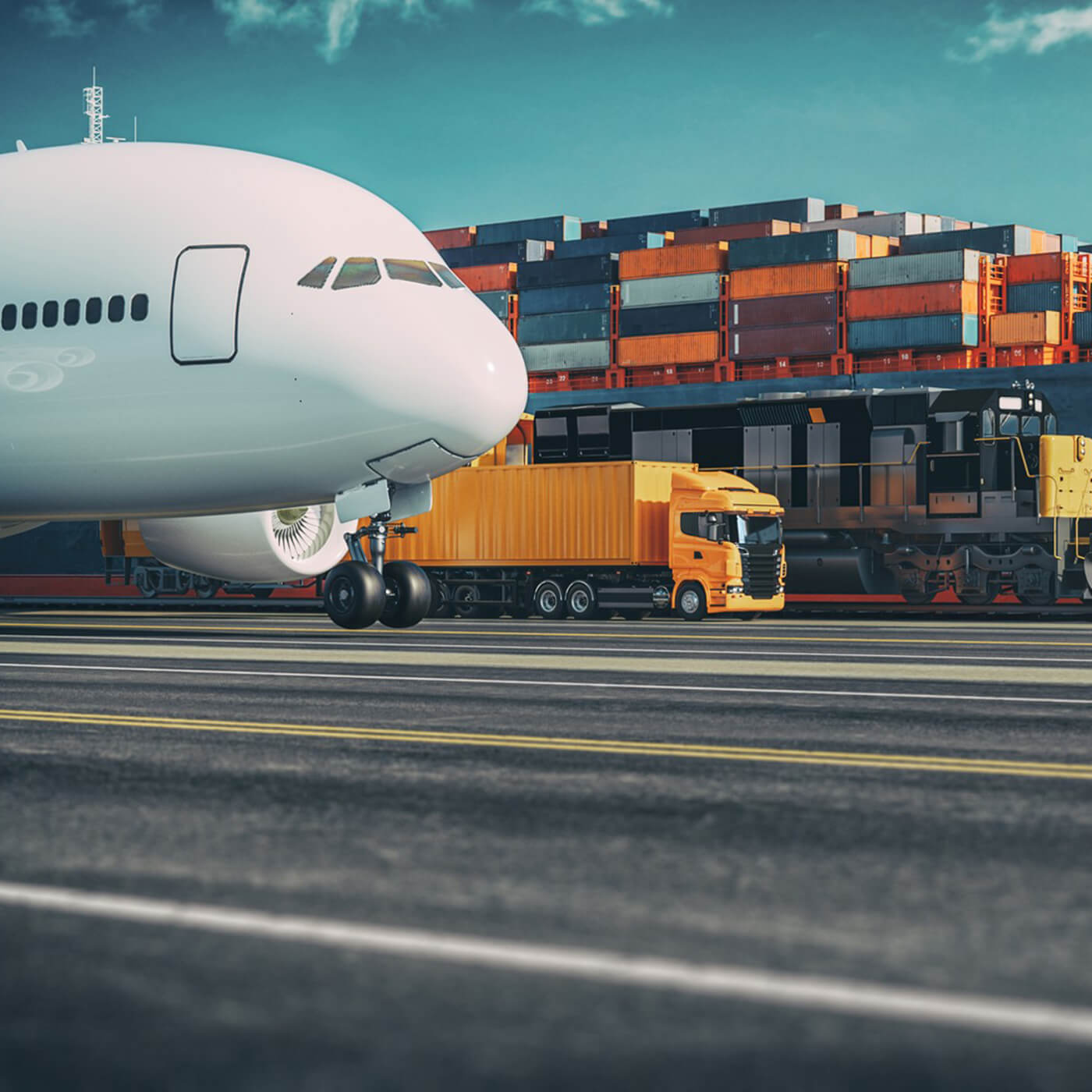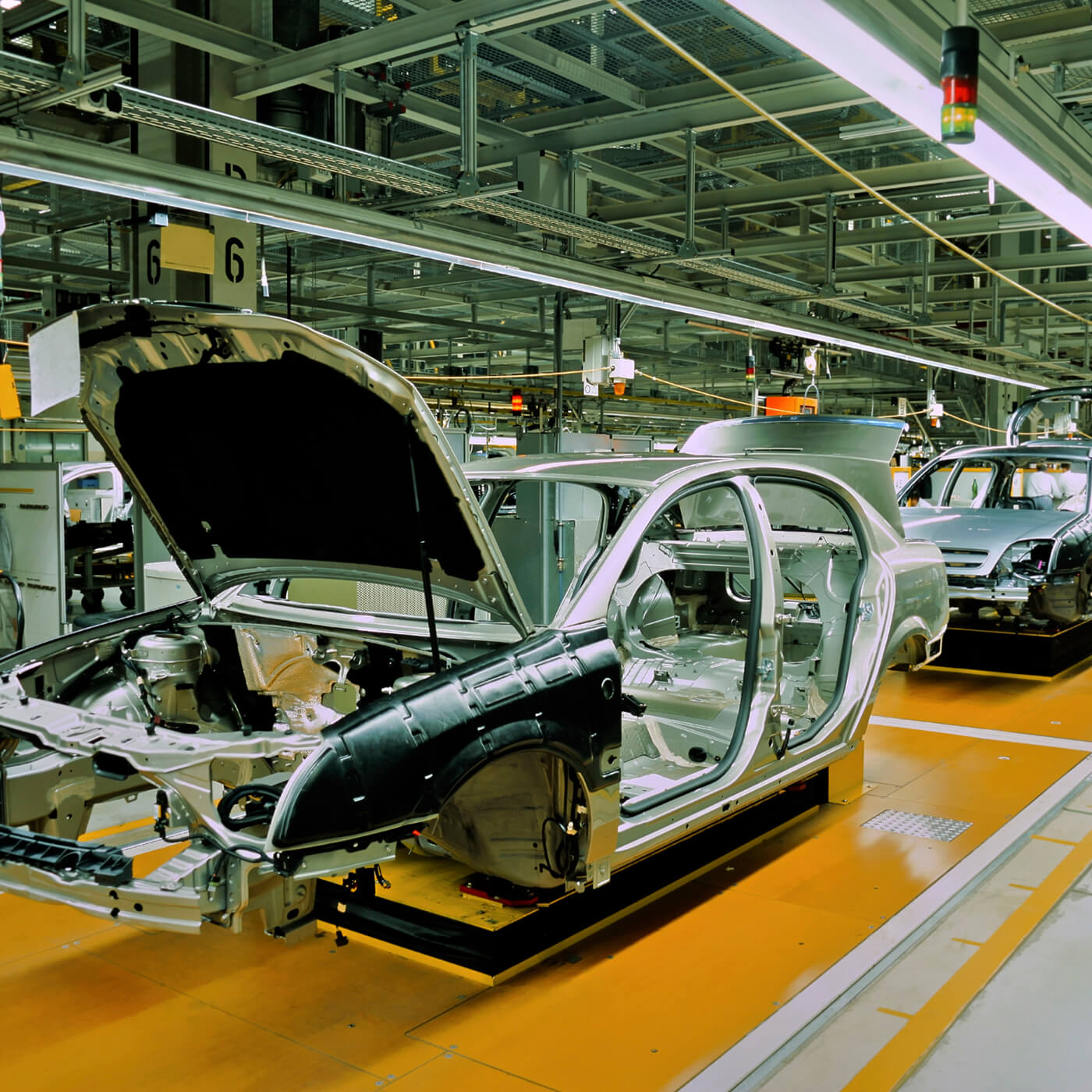TWS Webinars is a knowledge platform full of insights on important topics of the day. Explore a wide range of subjects – from how to use behavioural economics to learning the secrets to success in any negotiation. We invite you to register to view our past webinars or join our upcoming live sessions.
NEGOTIATING IN DISRUPTIVE TIMES – LEVERAGING GAME THEORY BEYOND INCREMENTAL IMPROVEMENTS
WAS HELD ON: September 29, 2020 1:38 pm CET
WAS HELD ON: September 29, 2020 1:38 pm CET

Disruptions as a result of Brexit, trade wars and now Covid-19 are threatening to destabilise the global economy and generate new barriers to trade.
All these developments severely challenge companies’ previous planning assumptions and require them to react. Procurement and supply chain professionals need to be able to rapidly adjust to changing market conditions in order to protect their companies’ competitiveness – short and mid-term. For most organisations, this means they will have to renegotiate major supply chain agreements and commercial arrangements and incremental improvements do not suffice anymore. Companies need to renegotiate better deals than their competitors to come out ahead of the competition.
In our webinar, we explain how you can leverage game-theoretical concepts and insights from economics to structure complex (bilateral) negotiations and work towards a “desired state”, securing short-term results while protecting long-term competitiveness. The power of these concepts is demonstrated using a recent high-stakes negotiation between Intel and Apple, which took place mid-2019. By leveraging the promoted concepts, Intel – the clear underdog – changed the game in its favor and secured the best possible outcome.
Register for the recordingCOVID-19 AND LOGISTICS: USING ADVANCED NEGOTIATION TO RE-SHAPE LOGISTICS CONTRACTS
WAS HELD ON: September 10, 2020 1:27 pm CET
WAS HELD ON: September 10, 2020 1:27 pm CET

The logistics sector is one of the industries most affected by the pandemic – with the potential to severely and permanently transform the logistics landscape in the mid- and long-term. While logistics providers struggle to adapt to the new environment and to protect their profitable business model, their customers find that their pre-covid logistics frameworks are not well adapted to the new situation or cannot even be used at all anymore.
Instead of attempting to fix and amend existing arrangements with their current partners, companies should use the highly disrupted market as a chance to fundamentally restructure their logistics frameworks. In doing so, they can at the same time satisfy their general requirements to logistics solutions as well as include new side restrictions imposed by Covid-19.
In this webinar we introduce game theoretic negotiation techniques that let you re-structure your logistics framework while dealing with the increased complexities of the pandemic and maintaining flexibility for different logistics solutions.
Register for the recordingHOW PROCUREMENT CAN KEEP THE UPPER HAND IN A RADICALLY CHANGING WORLD: FUTURE SOURCING CHALLENGES IN THE AUTOMOTIVE INDUSTRY
WAS HELD ON: August 27, 2020 1:39 pm CET
WAS HELD ON: August 27, 2020 1:39 pm CET

The Automotive industry has had rough times in recent years - with no relief in sight. The headwind is caused by increasing public pressure to build environmentally friendly cars, tougher CO2 emission targets, increasing complexity sparked by new demand patterns or an ongoing trend to digitise operations and supply chains.
At the same time, Procurement continues to gain influence as the Automotive industry relies more than ever on external expertise, ranging from components they haven't bought before such as battery cells, charging technology or massive amounts of software. With that, car makers heavily rely on their Procurement professionals to obtain technology and innovation they don't have in-house today, paving the way into the future.
In our webinar, we discuss how to address sourcing challenges that are surfacing by increasingly powerful market players, non-palpable commodities and new regulations.
Register for the recordingTHE CO2 CHALLENGE OR HOW TO SAVE THE NEXT TONNE OF CO2 AT THE LOWEST MARGINAL COST
WAS HELD ON: August 13, 2020 1:47 pm CET
WAS HELD ON: August 13, 2020 1:47 pm CET

While the global Covid-19 pandemic is currently leaving its trace around the world, the challenge of climate change has by no means disappeared.
The Covid-19 crisis has accelerated trends that require fast actions to reduce carbon emissions. Shifting consumer demand, changing regulations and the rise of ESG investing make CO2 an imperative for corporations. The green economic recovery programs offer a chance to transform companies into CO2-resilient organisations.
In this webinar, we will explain why the inherent CO2 complexity requires going beyond the classical management toolbox to reduce emissions. Using award-winning economic concepts, we will introduce some practical solutions to carbon emissions and provide an insight into a price-driven internal marketplace for CO2.
Register for the recordingRAMP-DOWN MANAGEMENT IN THE AUTOMOTIVE INDUSTRY – USING MARKET DESIGN TO FIGHT THE TIDAL WAVE
WAS HELD ON: July 30, 2020 2:25 pm CET
WAS HELD ON: July 30, 2020 2:25 pm CET

The automotive industry is suffering from declining sales of combustion engines, a ramp-down driven by electromobility, the Diesel scandal and the Covid-19 crisis.
For the first time, this industry - where growth has always been taken for granted - can no longer play the old tunes of "better, faster, and alway more". Instead, everyone is now bein faced with decreasing numbers, struggling suppliers and the collective transformation of an entire industry. And the consequences of Covid-19 are fuelling this development, leading to the build-up of a true Tsunami of insolvencies.
At the same time, we observe that many players in the market have not yet adapted their strategies and on the contrary seem to follow the beaten path. In this webinar, we will share our observations, analyse the unpromising conventional strategies and line out a ramp-down management programme using Market Design.
Register for the recording